


Support your patients with consistent, high-quality care between visits. Phamily makes it fast and easy to get started.
to get everything up and running
monthly patient engagement — averaging 3.4 times per month
annual revenue per 1,000 patients
profit margin to reinvest in your practice


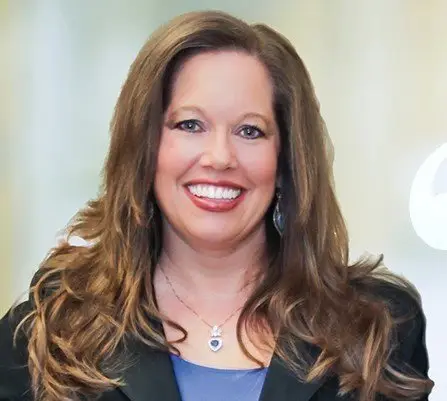

Both Chronic Care Management and Advanced Primary Care Management compensate medical practices for between-visit work. Medicare uses these fee-for-service programs to reward providers who pursue value-based outcomes. However, there are important differences between the two programs, including which patients qualify and what activities are required to bill.

With Phamily’s industry-leading CCM platform and turnkey staffing, even the busiest practice can implement CCM, as onboarding takes just 4 hours. And for providers who prefer to keep things in-house, our AI copilot gives each care manager the tools they need to support 10x more patients with consistent, high-quality care.
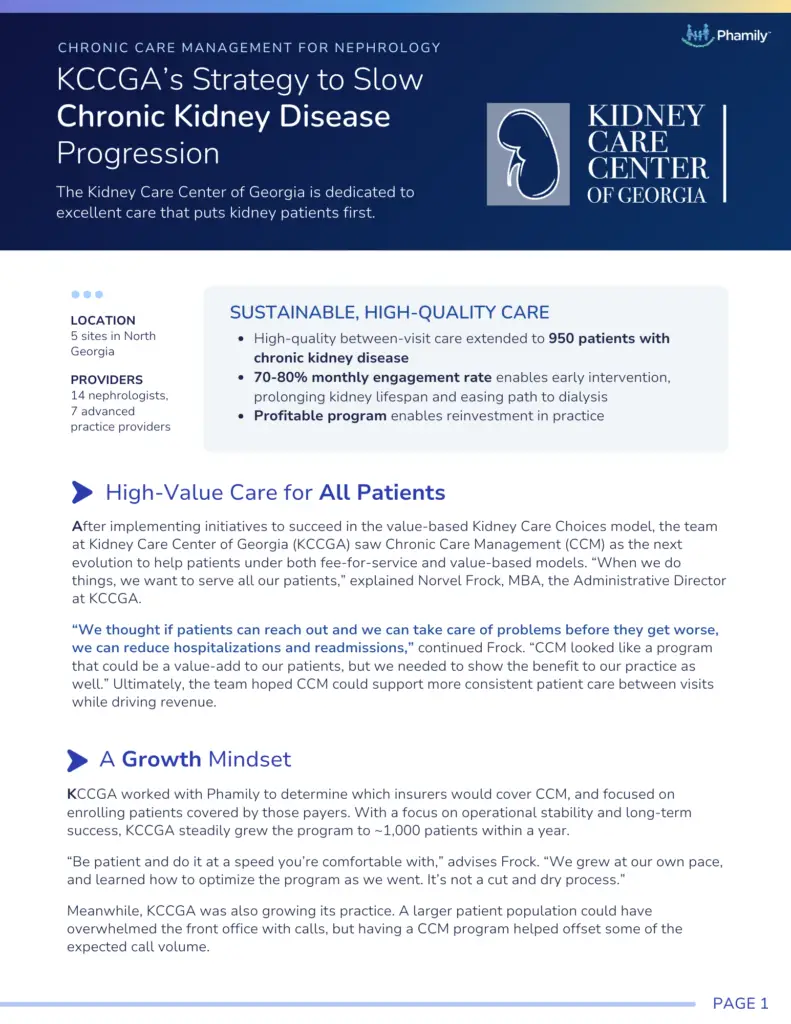
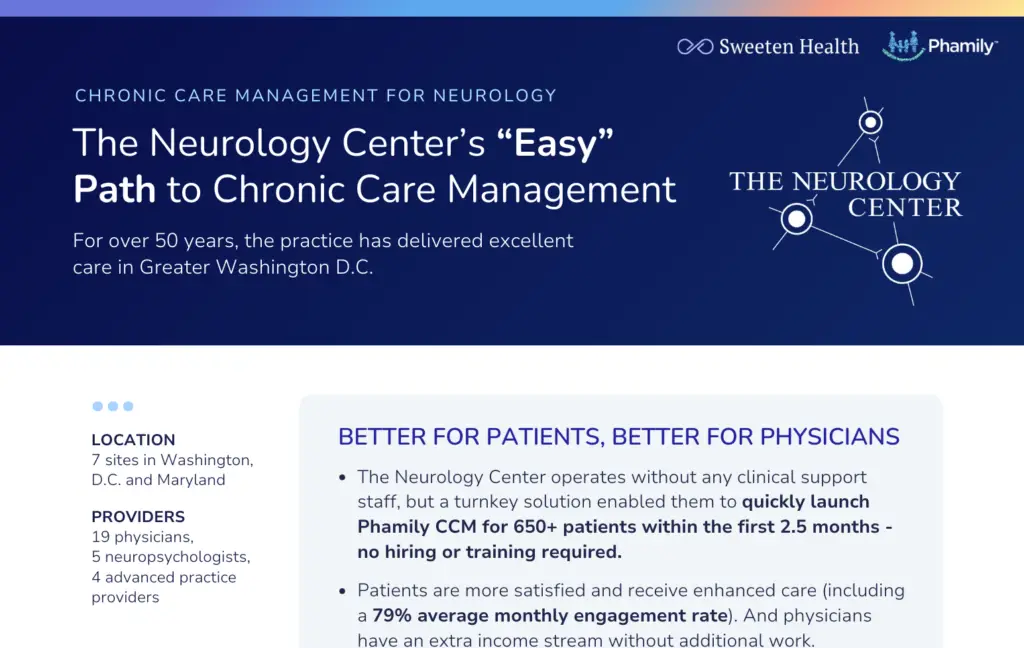
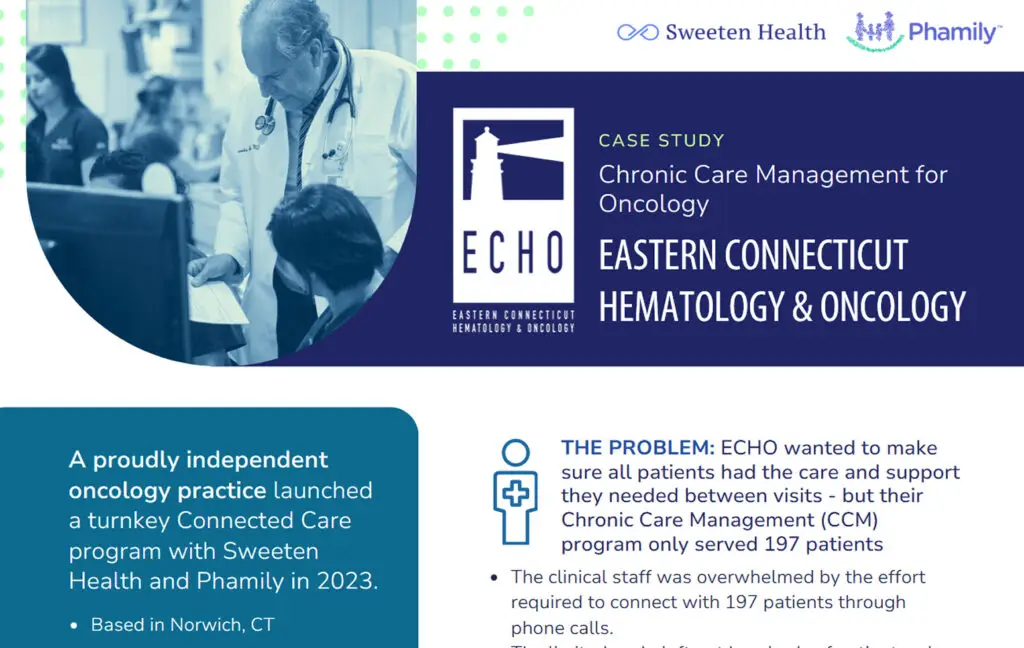
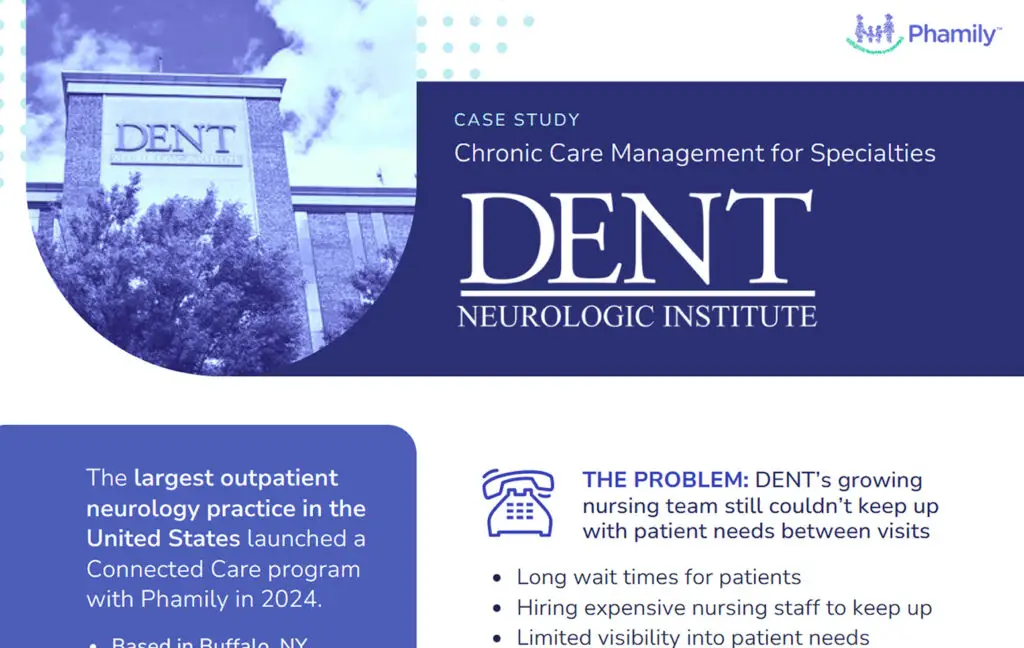


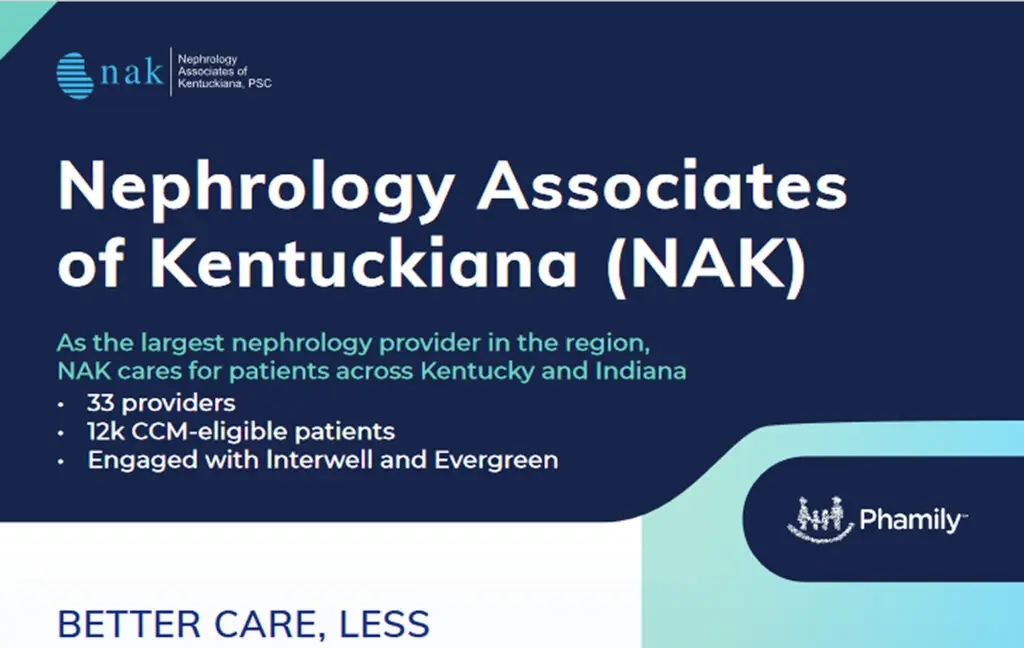
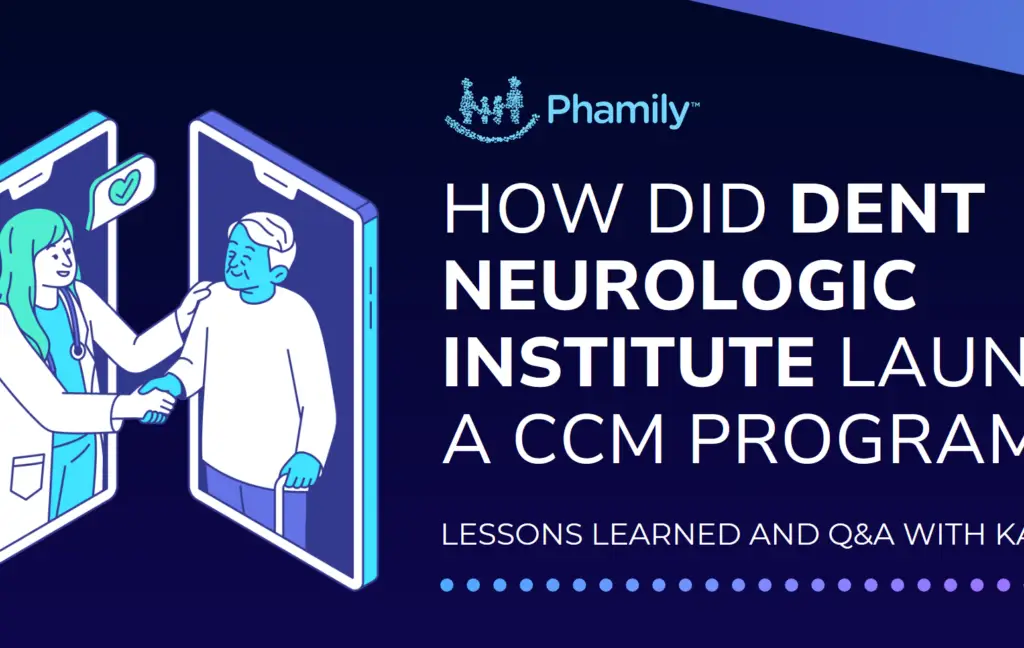
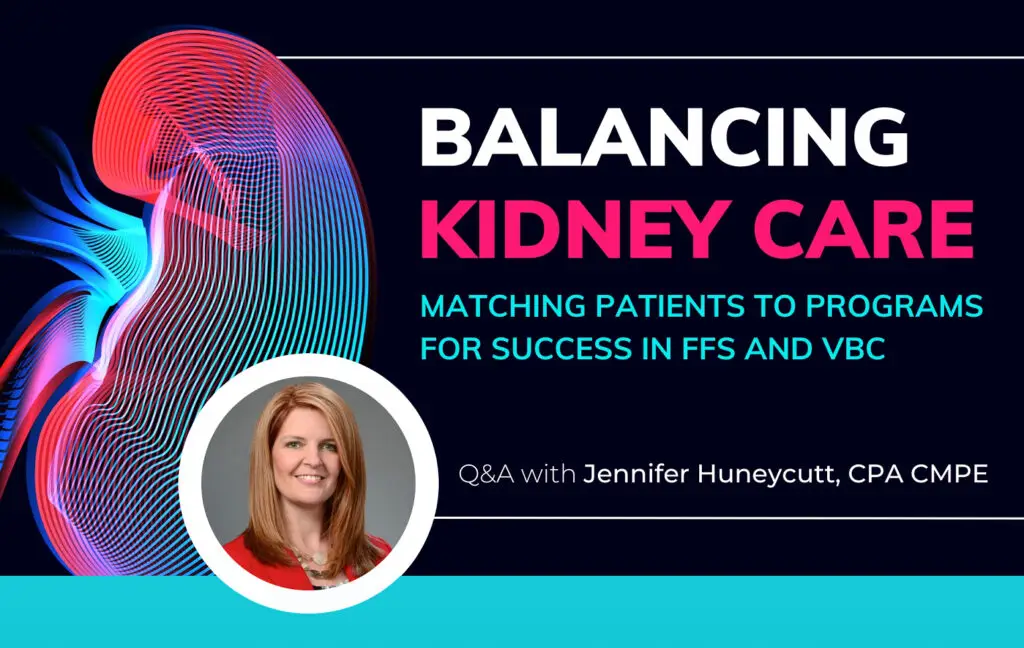


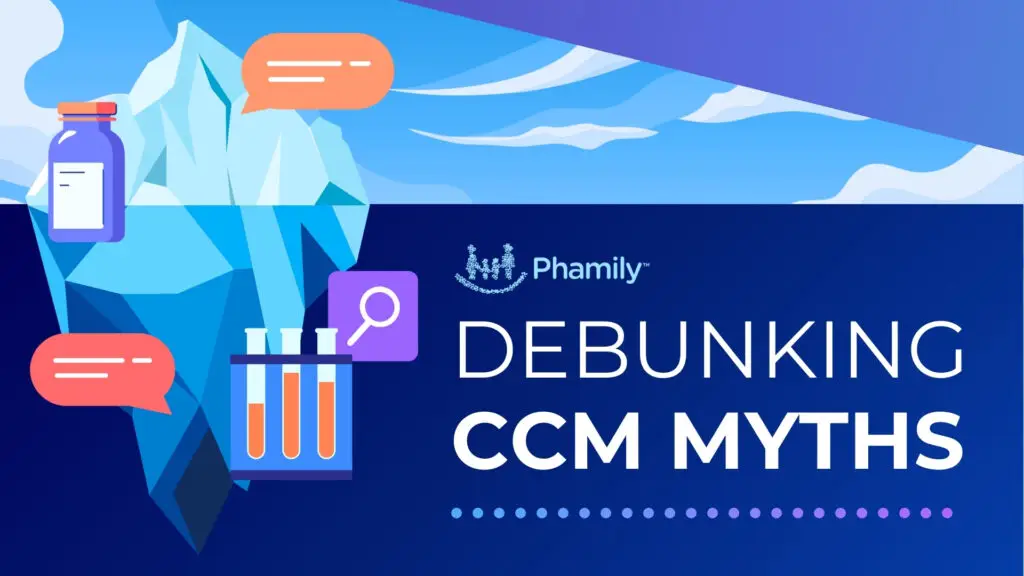


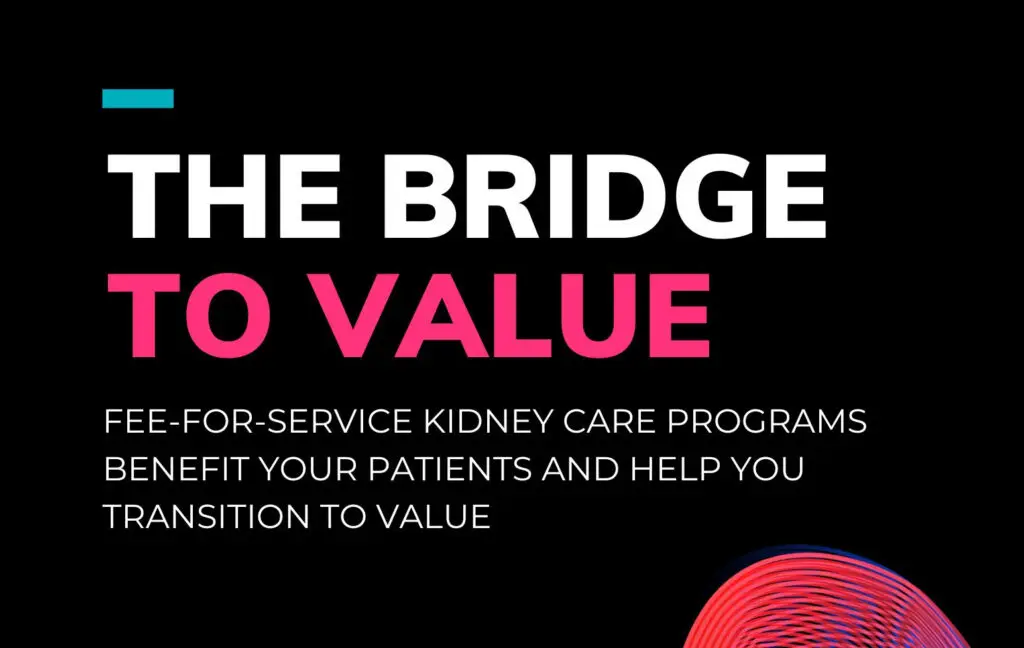

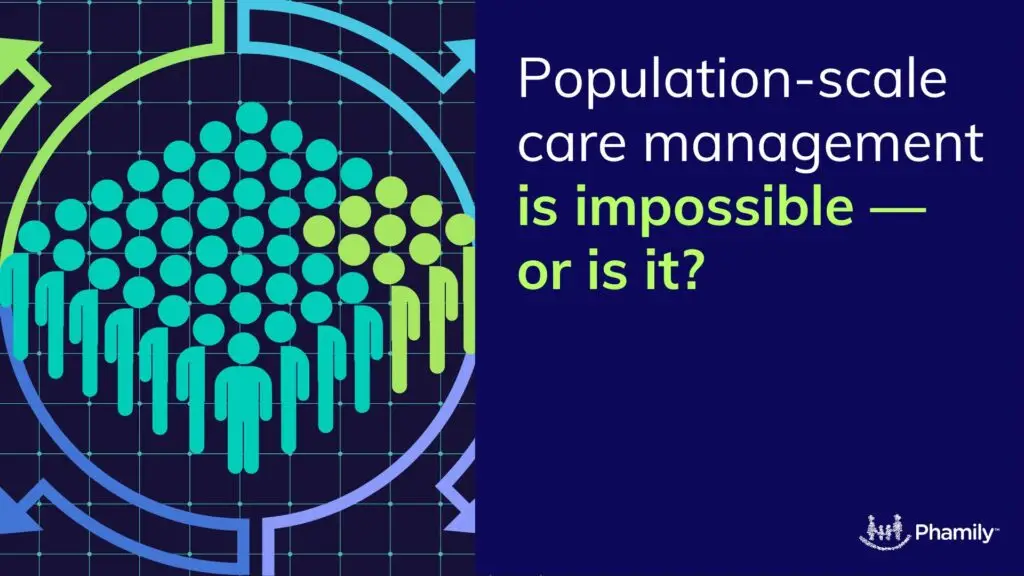
Whether you want to learn more about Chronic Care Management (CCM), understand staffing options, or demo the Phamily platform, our experts are here to help.
Replace hundreds of monthly phone calls with weekly personalized text check-ins that patients love.
Headache-free auto-documenting care management, smart care plan templates and follow-up protocols.
Enroll 1,000+ patients in 60 days. Not a dead-end side project that goes nowhere fast.
Phamily © 2025. All Rights Reserved.